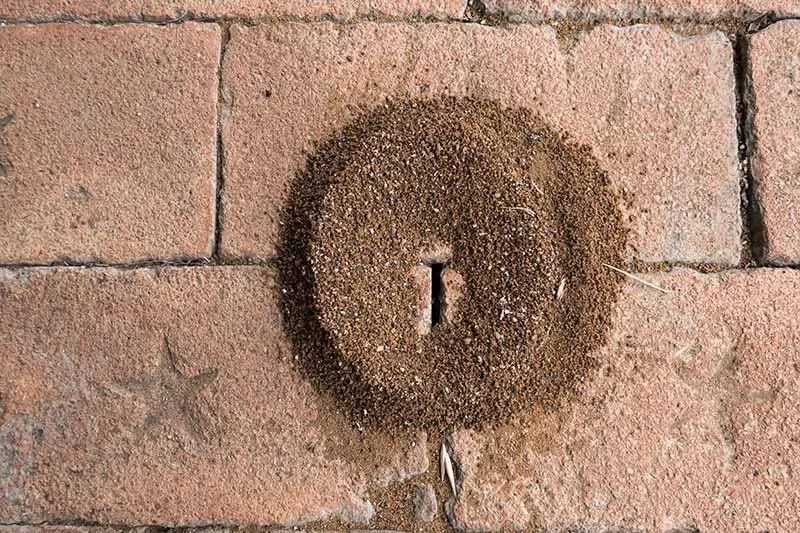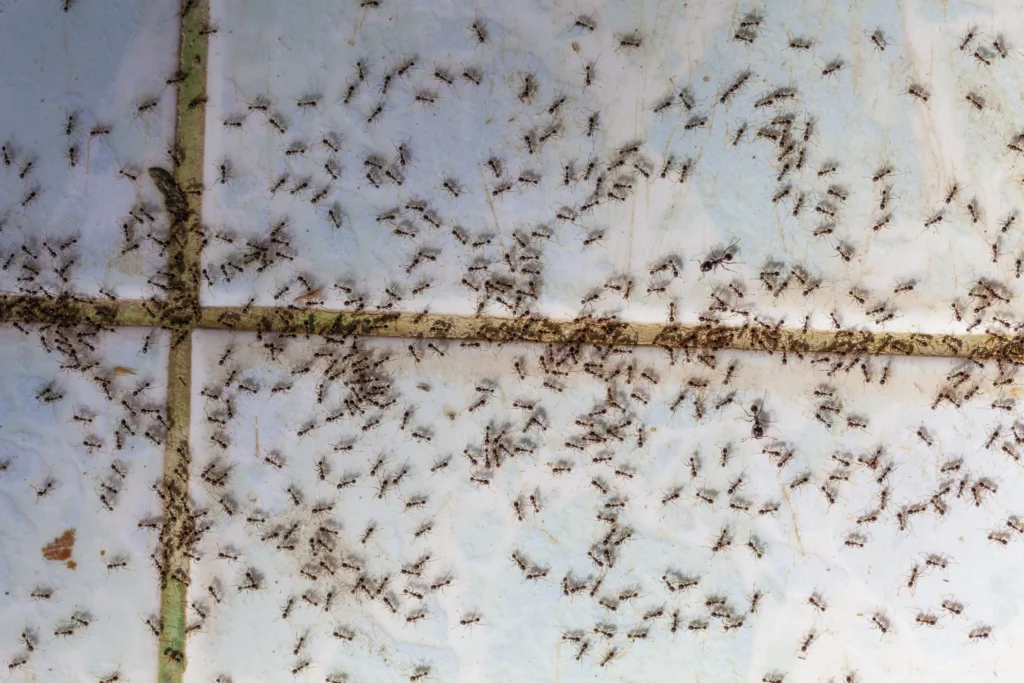Ant pest control is a common concern for homeowners and businesses alike. These tiny insects can quickly become a nuisance, invading living spaces and contaminating food sources. Effective ant control requires a combination of prevention, identification, and targeted treatment methods. Get Quote – Ant Pest Control.
Understanding Ant Behavior
Ants are social insects that live in colonies, often with complex structures including multiple queens. This social organization makes them resilient and difficult to eradicate completely. Ants enter buildings in search of food, water, and shelter, especially during extreme weather conditions.
Prevention Strategies
The first line of defense against ant infestations is prevention:
- Maintain good hygiene by cleaning up food particles and residues.
- Seal entry points such as cracks, crevices, and gaps in walls and foundations.
- Store food in airtight containers and promptly clean up spills.
- Remove outdoor food sources, including pet food.
Identification and Inspection
Proper identification of the ant species is crucial for effective control. Inspect your property to locate nesting sites, entry points, and ant trails. This information will help determine the most appropriate treatment method. Get quote – Ant Pest Control.
Treatment Methods
Chemical Control
- Baits: Effective for long-term control, baits contain slow-acting insecticides that workers carry back to the nest, eventually killing the entire colony.
- Sprays: Surface sprays can be applied to nesting sites and travel routes. They provide quick knockdown but may have limited long-term effectiveness.
- Dusts: Useful for treating enclosed spaces like electrical boxes and wall voids. Dusts must remain dry to be effective.
Non-Chemical Methods
- Boiling water: Pour directly into outdoor anthills to eliminate colonies.
- Diatomaceous earth: Sprinkle in areas where ants travel.
- Vinegar solution: Use as a natural deterrent and to disrupt ant pheromone trails.
Professional Pest Control
For severe infestations or persistent problems, professional pest control services may be necessary. Experts can:
- Accurately identify ant species and tailor treatments accordingly.
- Apply professional-grade products and baits.
- Implement comprehensive treatment plans, including follow-up visits.
Ecological Considerations
While ants can be pests, they also play important ecological roles as predators, scavengers, and soil aerators. Some species, like Argentine and big-headed ants, are considered invasive and may require more aggressive control measures.
In conclusion, effective ant pest control requires a multi-faceted approach combining prevention, identification, and targeted treatments. By understanding ant behavior and implementing appropriate control methods, homeowners and businesses can successfully manage ant infestations while minimizing environmental impact.



